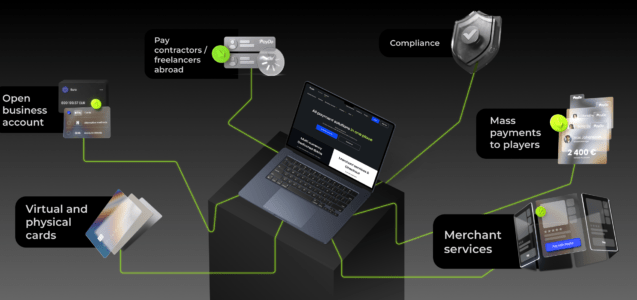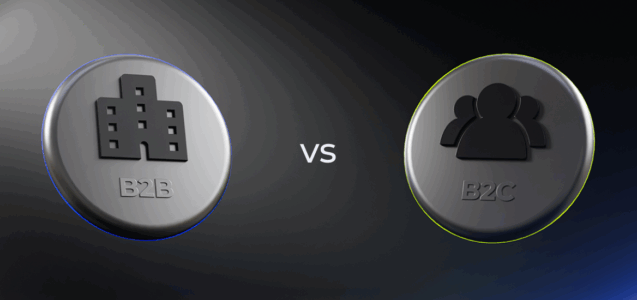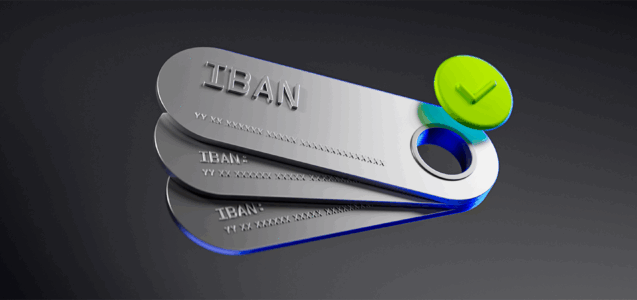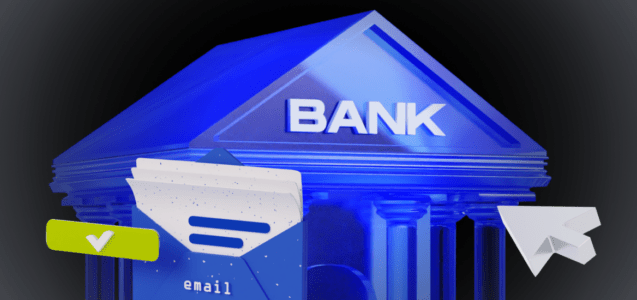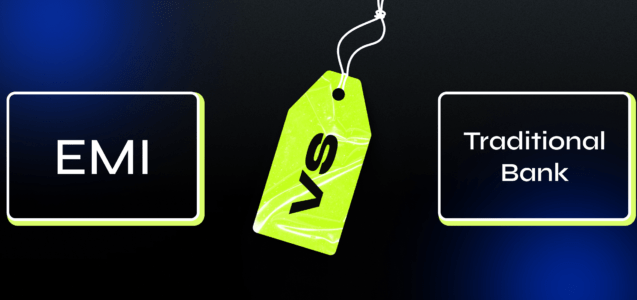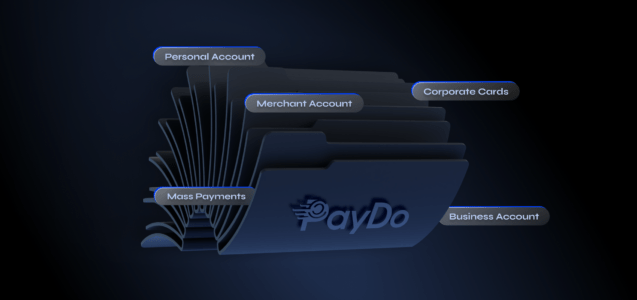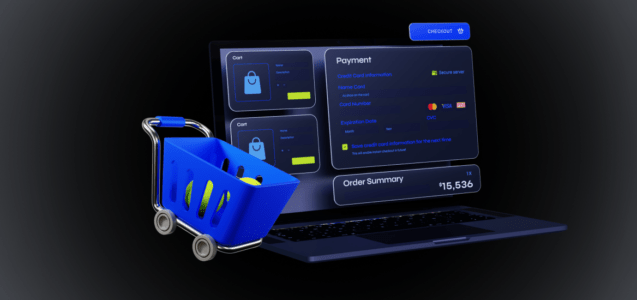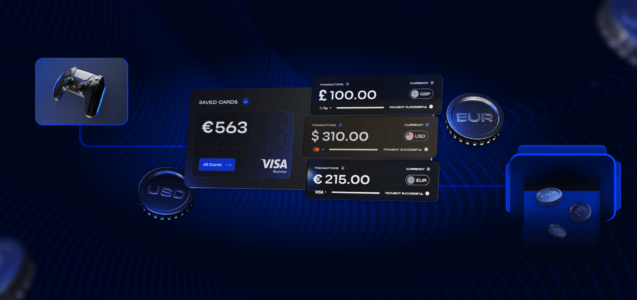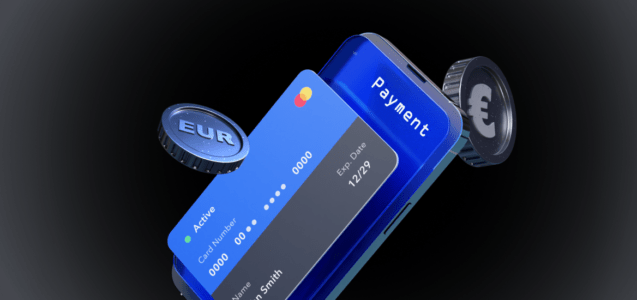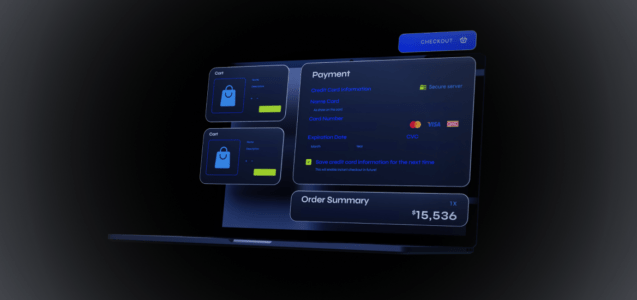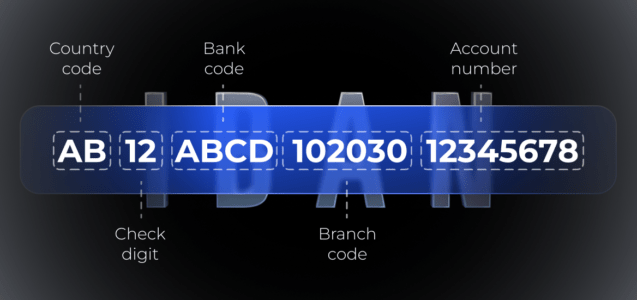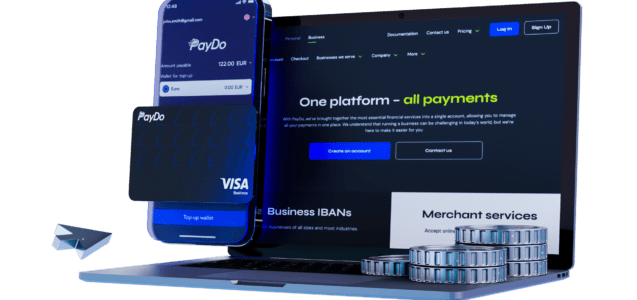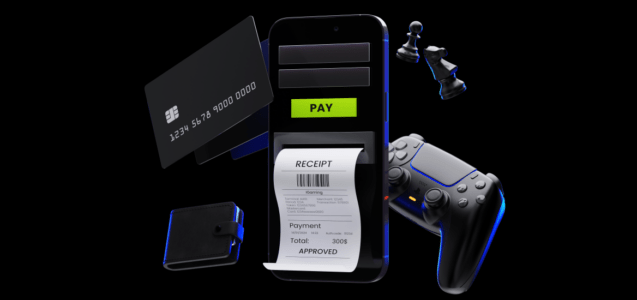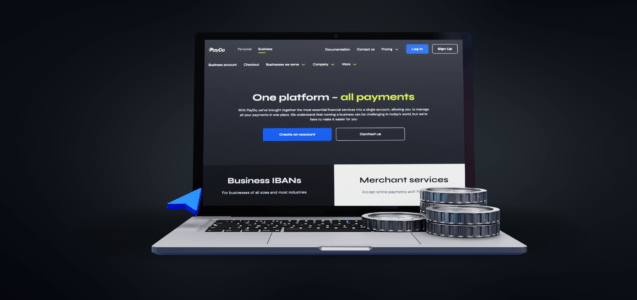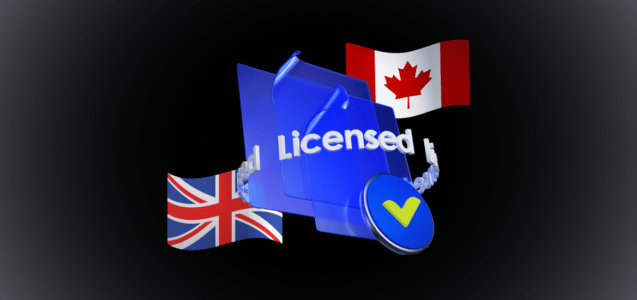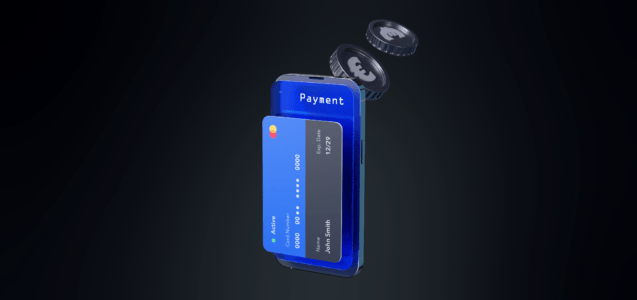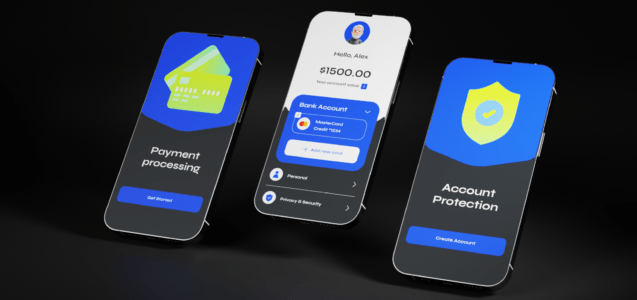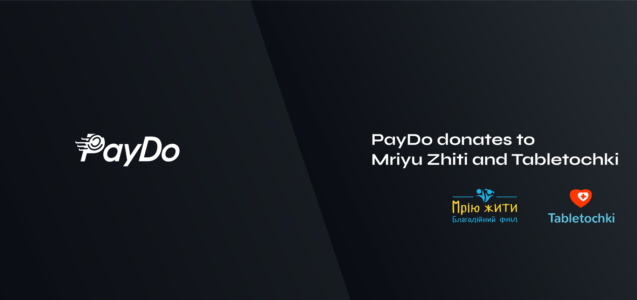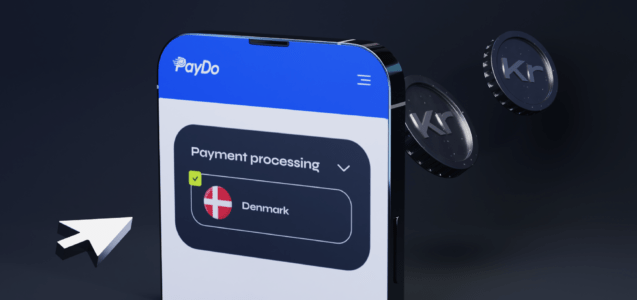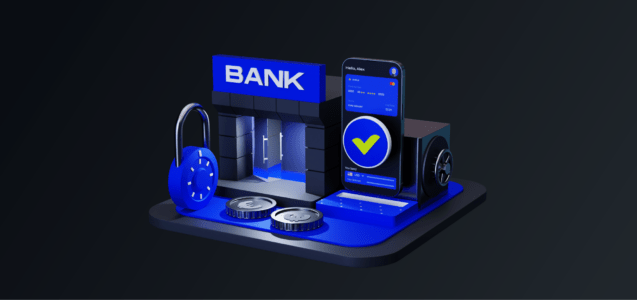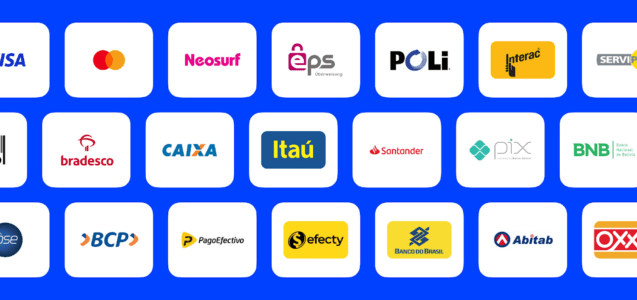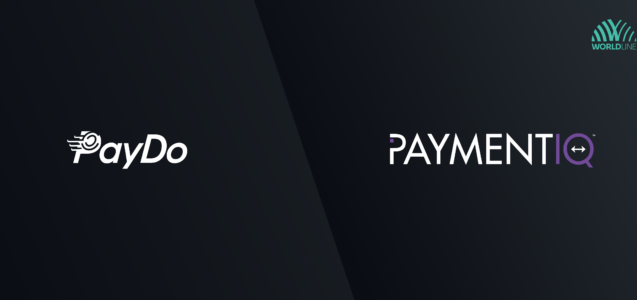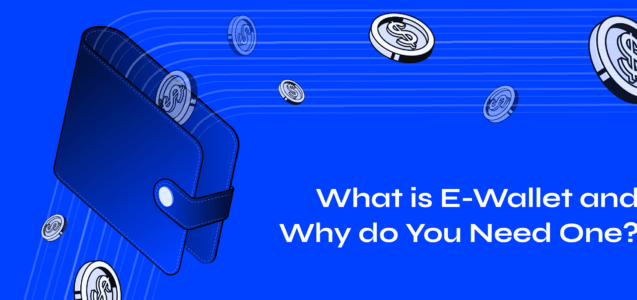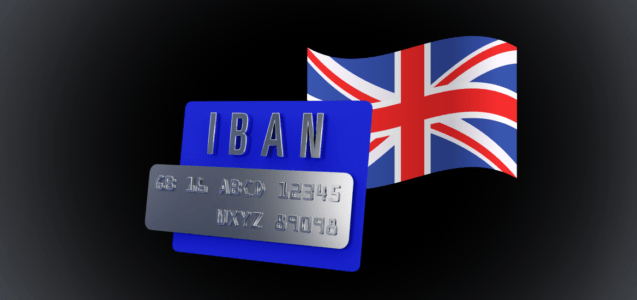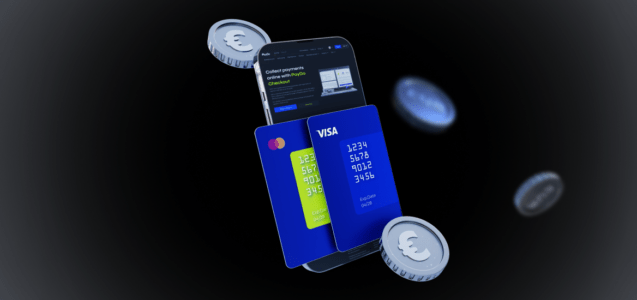According to what banks suggest, a high-risk business is the one with a high chance of fraud or chargebacks.
In the payments industry, no single organization defines what makes a business high-risk. Instead, each acquiring bank or payment system sets its risk standards.
When you start working with a company, they might inform you upfront if they avoid certain industries. Often, they will not reject you right away but will investigate your business first. Their decision depends on their internal criteria and risk assessment.
Receiving a high-risk status brings certain problems with banks and EMIs. Most notably, a high-risk business will have issues opening a business account. And the “issues” mean a long approval process, a lot of unnecessary documents, etc.
In this piece, let’s take a look at what makes high-risk business accounts different from traditional ones.
The Difference Between High-Risk and Traditional Accounts

Being labeled high-risk can feel intimidating, especially if a payment processor or a bank rejects your application. However, with certain conditions, some payment systems might allow you to open a European online bank account. There are ways to reduce the risk.
For example, a regular online store might open a bank account without issues. However, a high-risk business, like one dealing with CBD products, might need extra steps, such as providing more documentation or paying higher fees.
I. Lengthy Application Process for a High-Risk Business

When your business is classified as high risk, your profile will be scrutinised in order to open a high risk account in banking. You will most likely be asked to provide details or demonstrate past patterns of your finances. Typically, payment processors check your partnerships, and business processing history, or ask you for your personal credit history.

II. Payment Processing Costs More Due to Fees for a High-Risk Business

For small businesses, the usual transaction fee is around 0.3%. However, for a high-risk businesses, credit card processing fees can increase to 1.5%. Each company adds its own fee, but the idea is simple: higher risk means higher fees.
III. Cash Reserve Requirements

In practice, some payment processors hold a certain amount of your business’s money as a reserve. They use different methods to manage this reserve:
- They use rolling reserves, setting aside the part of the transaction you process at a rate as high as 10%. For example, if you entered into a tolling agreement for six months, you will be refunded the balance from January to July.
- The processor can create a limited reserve, holding a specific part of each transaction until the reserve appears at the desired level. The transaction fees no longer apply when this happens, but the reserve remains.
- You may also be required to make a reservation, holding transactions until the seller provides the required amount
PayDo and High-Risk Clients

PayDo is a payment ecosystem with a mission to provide all payment solutions in one place. The platform was designed to work with both low-risk and high-risk businesses. That is why, the key premise of the platform is the following:
- No volume restrictions.
- No hidden fees
- No minimal commitments
- No minimal balances
- No nonsense requirements
- All iGaming licenses (Curacao included).
- In-depth understanding of high-risk industries.
- Curacao and other licenses supported
- A dedicated account manager with extensive experience in iGaming
- Momentary payouts
- Scheduled payments
- 140+ destinations
As to its core services, PayDo offers the following:
- Business Account with a Dedicated Multicurrency IBAN
- Reome opening in 48 hours
- Quick onboarding
- Standard pack of documents
- 35+ currencies
- 150+ countries
- Cross-border, SEPA, and seven more payment schemes
- Merchant Services
- No chargebacks
- No holds
- No rolling reserve
- Easy API integration
- 350+ payment methods
- Localization
- Instant settlements
- Conversion rate > 98%
- Unlimited websites
3. Mass Payouts
- Automatic payouts without any manual inputs
- Customers receive their funds without fees
4. Virtual and Physical Cards
- Offer employees personalized cards.
- Improve corporate expense management.
- No limit on issuance.
PayDo is fully licensed and regulated by the FCA, FINTRACK, and UAB. The payment ecosystem also has built-in anti-fraud, AML protocols, automated KYC, encryption, PCI-DSS level 1 compliance, and safeguarding measures.
Opening an account for a business recognized as a high-risk business can be hard. However, it should not be that way. Contact our experts, and they will help you open a high-risk PayDo business account.



